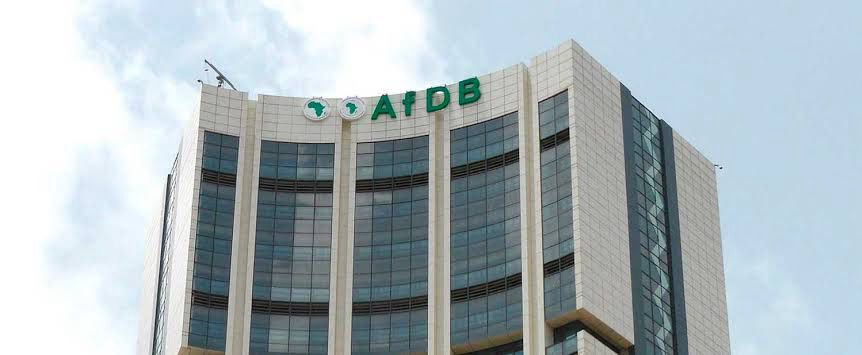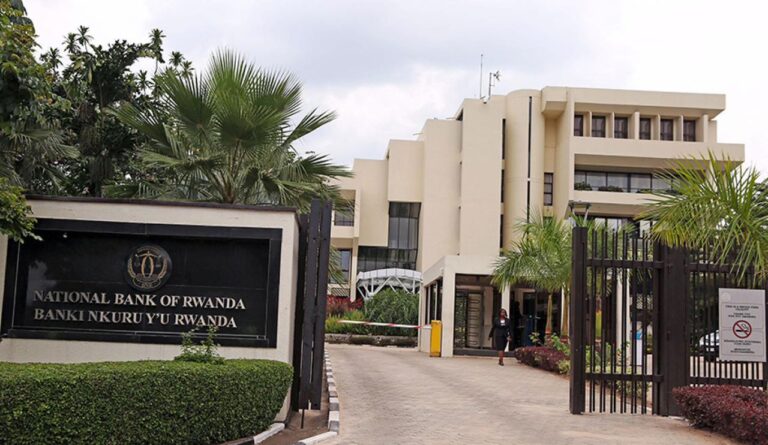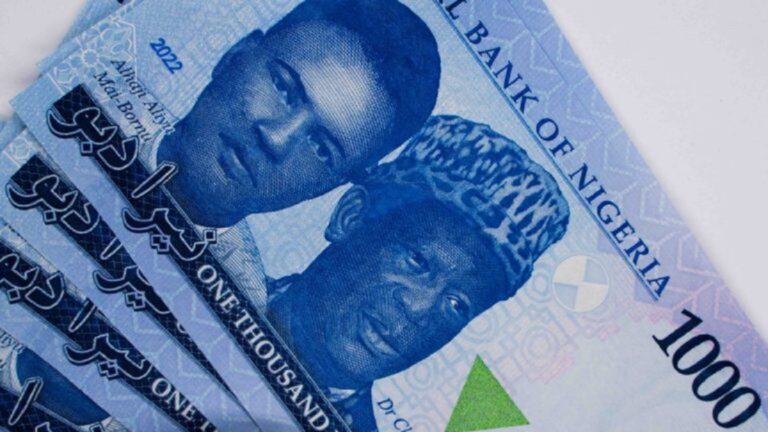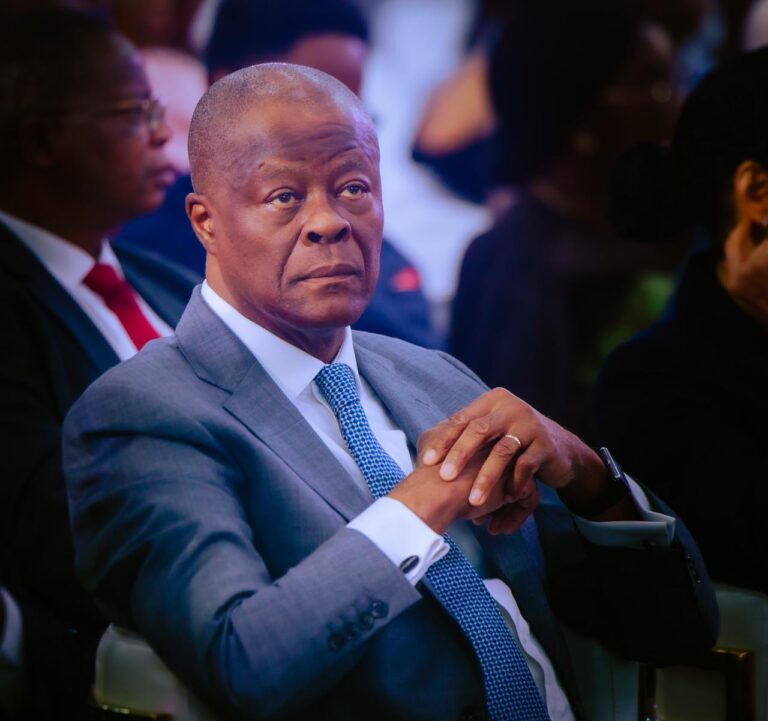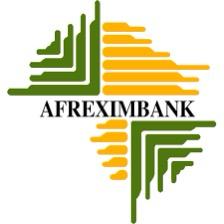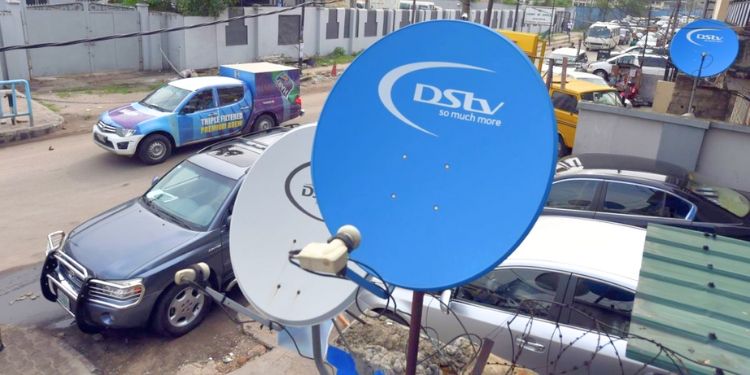By: ThinkBusiness Africa
The African Development Bank Group (AfDB) said on Wednesday it has secured new commitments totaling nearly euros 50 million for its Sustainable Energy Fund for Africa (SEFA), a multi-donor special fund, during a high-profile side event at COP30 in Belém.
The funding, pledged by the governments of Germany and Italy, is earmarked to strengthen the rollout of the crucial Mission 300 initiative, a major drive by the AfDB and the World Bank Group to provide electricity access to an additional 300 million Africans by 2030.
According to AfDB, Germany pledged €44 million, dividing the commitment across two strategic areas. €14 million dedicated to supporting SEFA’s universal energy access goals and a substantial €30 million allocation for the new SEFA Green Hydrogen Programme.
Italy also made a new contribution of €5 million to the SEFA Special Fund for 2025, reaffirming its commitment to accelerating renewable energy and energy access projects across the continent.
Dr. Katharina Stasch, Director-General for Climate Policy of the German Federal Ministry for Economic Cooperation and Development (BMZ), highlighted the strategic focus on emerging sectors.

“We see the Africa-owned and Africa-led African Development Bank as an excellent partner in unlocking the potential of a green hydrogen economy for African countries.” She said.
Dr. Kevin Kariuki, AfDB Vice-President for Power, Energy, Climate Change and Green Growth, stated that the commitments provide “wind in the sails for Mission 300 goals and solidify SEFA’s centrality in Africa’s universal energy access journey.”
Approximately 600 million Africans (nearly half the continent’s population) still lack reliable access to electricity. This represents over 80% of the global electricity access gap.
Beyond electricity challenges, the world bank said around 900 million Africans lack access to clean cooking solutions, relying instead on biomass, which leads to severe health and environmental consequences.
Closing this gap requires an estimated $25 billion in annual investment and a tripling of the current connection rate.




